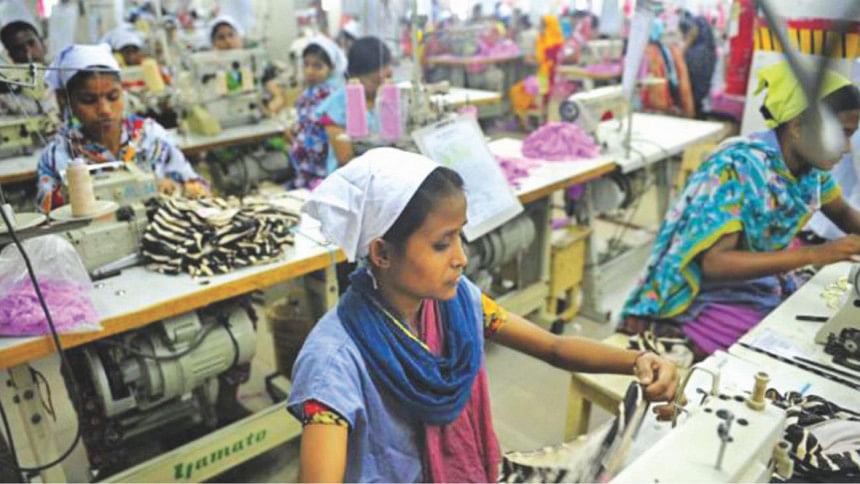Are our workers' rights so cheap?

A joint publication brought out by Oxfam, Bangladesh Institute of Labour Studies (BILS) and Institute for Workers and Trade Unions in Vietnam paints a dismal picture of workers in Bangladeshi factories where Australian fashion brands source their apparels from. The report says that there is "systemic exploitation" of our workers by these foreign brands which exert undue pressure on garment factories including fierce price negotiations, short-term-contracts and reducing delivery time. At the same time, these same factories are apparently financially penalised for missing shipment deadlines.
We would like to know what drives these big, well-known foreign brands to profit at the cost of our workers' basic human rights. This may rake in stupendous profits for the foreign buyers, but that comes at the cost of workers' remunerations and their working conditions. In the aftermath of the Rana Plaza collapse, major European and American brands came together to improve safety conditions for both factories and their workers, but are unwilling to pay adequately for it.
We cannot condone this kind of exploitation. What are local factories to do given the pressure to reduce prices by these brands? And low price means cuts in production cost—the brunt of which is almost always inevitably borne by the workers.
This is unacceptable. The brands must bear some responsibility so that RMG workers are paid well and have a safe working environment. While there is serious competition for business in the global market for RMG that pushes prices downwards, this cannot come at the cost of those who help produce the garments. We believe that the buyers have as much responsibility in ensuring good wages for the workers as the factory owners.

 For all latest news, follow The Daily Star's Google News channel.
For all latest news, follow The Daily Star's Google News channel. 








Comments